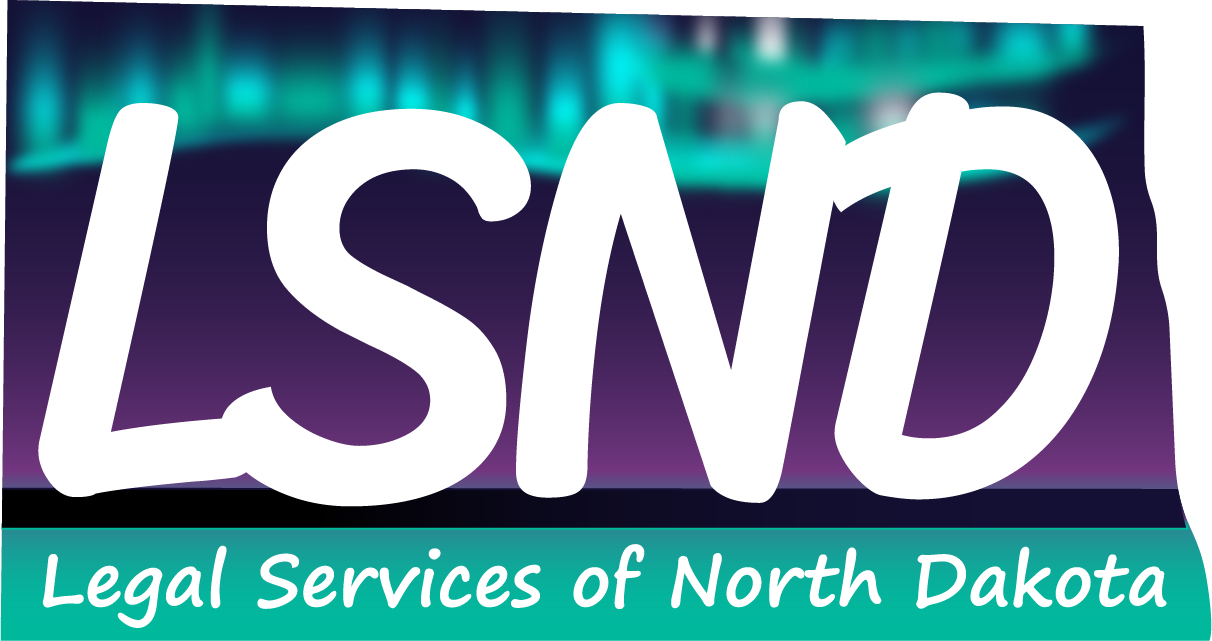History
• The Jay Treaty of 1794 between the United States and Great Britain recognized the right of North American Indians to cross the international border between Canada and the United States.
• Some historians and legal scholars argue that the treaty was abrogated by the War of 1812, but modern jurisprudence continues to reference the Jay Treaty in their analysis of North American Indian free passage rights.
• The signing of the Treaty of Ghent in 1814 reinstated the free passage rights of North American Indians that may or may not have been abrogated by the war.
• The Immigration Act of 1924 caused North American Indians some problems crossing the border, since it failed to mention or recognize the right of free passage.
Who Is Entitled To Free Passage Rights As A North American Indian Born In Canada?
• A North American Indian from a First Nations Band or Inuit, who can show at least 50% Indian Blood.
• This does not include non-Indians adopted into North American Indian families but only those individuals possessing 50% or more Indian blood per centum.
• The Métis are generally not allowed free passage rights; however, in some cases, documents of Métis descent combined with other documentation may satisfy the statutory blood requirement.

What Documents Must Be Produced To Establish Oneself As A Qualifying Canadian Born North American Indian?
• Canadian Birth Certificate (long form)
• Documentation either from the Ministry of Indian and Northern Affairs or a written statement from an official of the tribe from which you or your ancestors originate – substantiated by documentary evidence (tribe records and civil long form birth certificate bearing names of parents). Such a statement would be on the tribe’s official letterhead and should explicitly state what percentage North American Indian blood you or your parents possess, based on official documents/records.
• Photographic identification, such as a driver’s license, tribal identification card or passport.
• Secure Certificate of Indian Status (SCIS) card.
What Do Free Passage Rights For North American Indians Mean Today?
You have the right to:
• Cross the US/Canada Border freely.
• Live and work in the US.
• Be eligible for public benefits, such as Medicaid, Supplemental Security Income (SSI), Medicare, Unemployment Benefits and other Public Assistance, provided you meet the appropriate agency guidelines.
• Register for college or university as a “domestic student” in the US.
• You are not exempt from paying duties on goods when crossing borders.
Who Do I Contact With Additional Questions?
Seniors 60 and over Call:
1-866-621-9886
Others Call:
1-800-634-5263
You may apply for legal services by completing our online website application.
